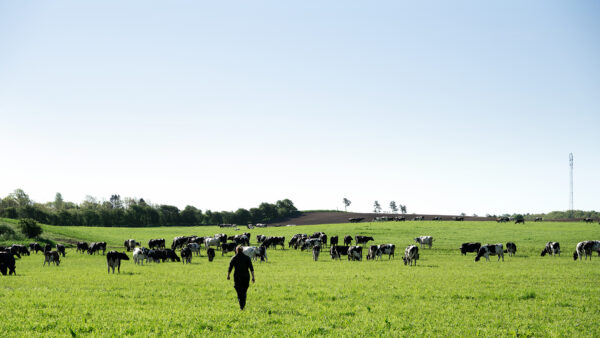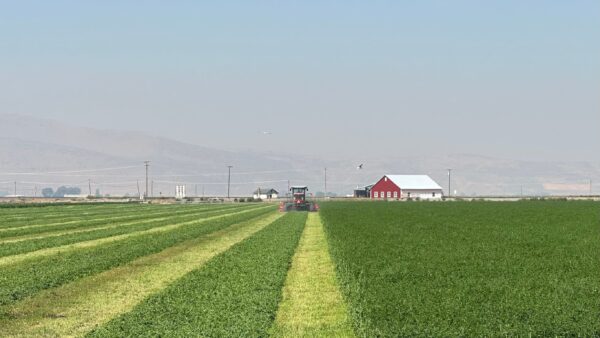Four of the United Kingdom’s leading universities and research centres have been given a £5.3 million (around €6 milllion) boost to fund their work on improving crop resilience, sustainability and quality. The recipients, including ENDURE partner Rothamsted Research, will receive the funding over the next five years to “help develop new technologies and environmentally friendly production for farmers and growers across the country”.
The funding is targeting improved productivity in pulses, wheat, leafy vegetables and oilseed rape, with each of the four recipients responsible for one of the Department of Environment, Food and Rural Affairs (Defra) Crop Genetic Improvement Networks (GIN).
Rothamsted Research, for example, is responsible for the GIN on wheat, the UK’s biggest crop with annual production of more than 14 million tonnes. In terms of crop protection, Rothamsted Research notes: “The UK wheat crop is…heavily reliant on the use of pesticides/fungicides. A typical 1st wheat crop receives 3 sprays/season. Currently the most challenging problems are (1) aphid infestations, (2) Septoria leaf blotch disease and (3) yellow rust disease. Finding new sources of durable resistance to these pests and pathogens is a major target for breeders. By using genetics to protect the crop this should help improve wheat yield stability and quality in high stress years.”
The University of Warwick will use its share (around £1.2 million) to support its research on leafy vegetables. Launched in 2009, the University of Warwick’s vegetable research programme has developed datasets on carrot, onion, brassicas and lettuce, identified important commercial traits leading to the discovery of new disease resistance and increased crop yields, and developed new technologies to analyse existing germ cells and develop new markers for traits to improve crop potential. It has also conducted glasshouse trials to discover and incorporate beneficial genes into crop breeding programmes.
Dr Guy Barker, who leads the Vegetable GIN at the University of Warwick, said: “The Vegetable GIN supports the horticultural sector to address the challenges associated with sustainable production. We welcome the opportunities presented by Defra’s five-year commitment, allowing us to utilise the unique diversity available from the UK Vegetable Genebank to produce more resilient crops varieties for future generations.”
The other recipients of this funding, part of the government’s £160 million investment in its agri-tech strategy designed to harness the latest agricultural research and technologies, are the John Innes Centre (pulses) and the University of York (oilseed rape).
Environment Secretary Michael Gove said: “Developing new technology is crucial to making sure our farmers can continue to grow world-class produce in an environmentally friendly way. Through this new fund, I hope to see the creation of new and innovative growing practices and crop protections so we can truly unlock the potential of our food and farming industries.”
Source: Endure













